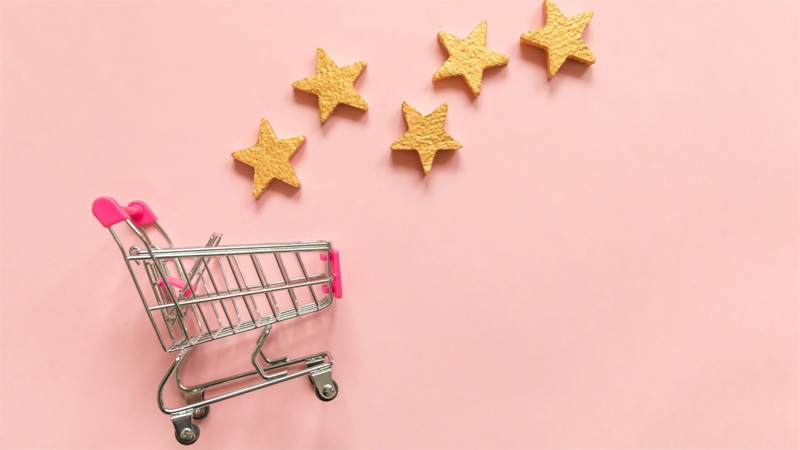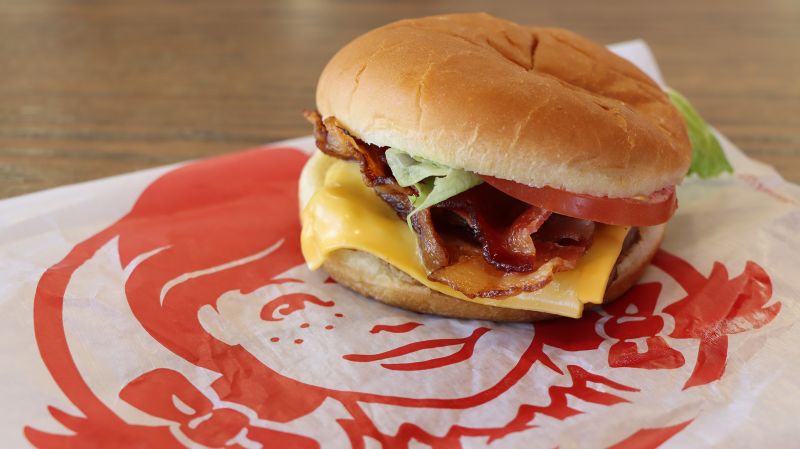Where “Brand Canada” Stands in the Tariff Era
The maple leaf has taken on more meaning amid shifting global trade dynamics

If it seems like you’re seeing the maple leaf a lot more these days, it’s because you are.
Nearly six months into the protectionist mandate of Donald Trump’s second presidency, the value proposition of Canadian brands, products and services has shifted—both within our borders and beyond. Consumers are seeking out Canadian products, scrutinizing labels, and—in some cases—paying a premium for homegrown goods.
It’s an interesting—and consequential—moment to be marketing a Canadian product, service or brand.
Smith Business Insight contributor Deborah Aarts caught up with Tandy Thomas, Associate Professor and E. Marie Shantz Fellow of Marketing at Smith School of Business, to discuss what “Brand Canada” means today, how consumers are responding to it and how savvy brands should proceed amid rapidly evolving global dynamics.
What are some reasons that Canadian brands have traditionally chosen to play up their Canadian-ness?
Canadians have always been very patriotic and very proud. We’ve never been quite as bold as we are being about it now, but it’s always been there.
And Canadians have always gravitated towards brands that are Canadian. Think back to the year 2000, with the Molson’s “I Am Canadian” ads. Or Roots, which has always been an incredibly popular brand that really leans into the idea of Canadian-ness—a sort of warm, cozy, cottage, winter culture. There’s always been an underlying trend of really liking Canadian products, Canadian companies and Canadian motifs.
Beyond beavers and beer, what does a “Canadian” brand stand for in 2025?
I think when you look at our place in the world, people like Canada and they like Canadians. We’re nice, we’re polite, we do good things. Historically, we’re not particularly controversial in the grand scheme of the world, most of the time. And we’re also known for having great products.
Think about our banking sector, which is very well-regarded. It’s more regulated than in other parts of the world, which means it’s a little less volatile. Or Canada Goose, or Lululemon or Roots. There are controversies around each of these brands, but by and large they’re known for quality, and I think that is something that is generally associated with our products. Even Canadian maple syrup—people know it’s going to be good. We have that reputation globally.
How is this reputation shaping consumer response to the shock of the tariffs imposed by the Trump administration?
Domestically, we’re now seeing a shift into a completely different kind of consumption behaviour. Yes, we’re still gravitating towards those great Canadian brands, but now we also care about whether our canned corn is Canadian. Daily consumption decisions are now being driven by this desire to support Canadian companies. This is a completely new shift—from the iconic to the mundane.

Internationally, we’re seeing a bit more of a push towards Canadian companies and products because it feels a bit like Canada is being bullied. Now, the entire world is struggling with tariffs. But Canada was hit first, and it was shocking—to us, and I think to the rest of the world too. There’s a sense of ‘Hey, this is your little neighbour who’s never done anything but be nice, and now you’re swooping in and doing things to hurt them.’ There’s a bit of an underdog narrative.
People want to help, and purchasing power is the tool that they have to do it. This is obviously most pronounced within our borders, but we are seeing it internationally as well.
How do you think Canadian brands should approach this surge in consumer goodwill?
I would absolutely consider it an opportunity. People’s shopping habits do not change easily, especially for things like mundane grocery store items. You go to the store and buy the exact same thing you did last time, which is the exact same thing you’ve bought 200 times before.
But whenever there’s a disruption, it becomes a moment that can shift habits. A disruption can happen naturally in your life—like having a child for the first time—which changes what you buy. What we’re seeing now is a massive exogenous shock that has shifted everyone’s behaviors. All of a sudden, consumers are trying products they’ve never tried before because they want to buy Canadian. If they do that enough, and if they like the products, those purchases too will become habituated. It creates a tremendous opportunity to induce trials of products that people would never have tried before.
It’s amazing how quickly little maple leaves have shown up everywhere.
If a brand has Canadian roots, you’re seeing an icon or reference to it. The most recent Super Bowl was a good indicator—I didn’t do a formal tally, but my impression as a viewer was that pretty much every brand had thrown ‘made in Canada,’ ‘Canadian-made,’ or ‘proudly Canadian’ into the ads that aired in Canada.
But I think the heroes of this story, in a lot of ways, are the retailers. They have really borne the brunt of making it easy for people to buy Canadian.
When this first started back in the beginning of the year, we saw a quick surge of people trying to develop apps that allowed you to scan your products and see if they were Canadian. Those quickly fell by the wayside as retailers took over and started putting up Canadian flags on tags, or creating a ‘Buy Canadian section,’ to make it easy for consumers to identify those products and make those choices. Without that retailer labelling, this would not be sustainable. People would do some research, but not that much, and not for that long. It’s just not a reasonable ask for consumers.
Is there any brand risk to flying the Canadian flag in this moment?
Within Canada, I think the biggest risk is Canada-washing—where companies say they are Canadian or make Canadian products but are not being 100 per cent truthful on that. We have seen some abuse of the made-in-Canada movement in that way, and that the more that happens, the less trust people are going to have. Companies that are being honest may get more questions along the lines of ‘Well, is it really Canadian?’ So, bad actors are a bigger problem here than anything else.





